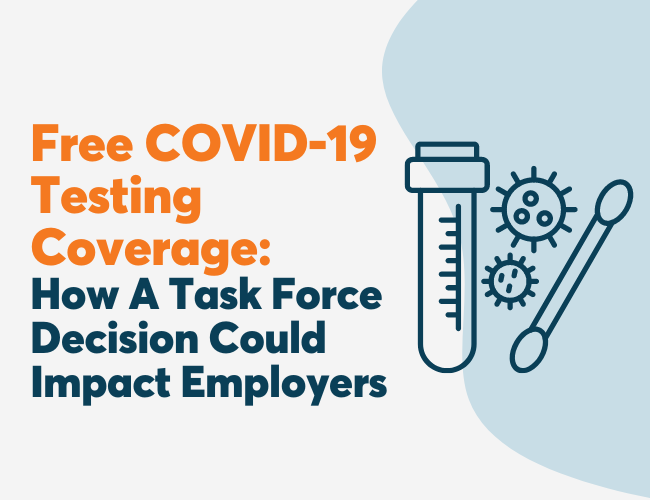Last week, the Equal Employment Opportunity Commission (EEOC) filed a lawsuit against Honeywell, and this isn’t the first. The EEOC claims Honeywell required its employees and their spouses to “submit to medical tests or risk being penalized up to $4,000.” The commission says the penalties violate both the Americans with Disabilities Act (ADA) and the Genetic Information Nondiscrimination Act (GINA). Under the ADA, such medical testing is meant to be voluntary, and GINA bans employees from “offering inducements” to obtain family medical histories.
Since the lawsuit was filed, numerous entities, including wellness vendors who make their living on biometric screenings, have come to the defense of Honeywell. A major milestone in the case happened yesterday when the U.S. district judge in Minneapolis denied the EEOC’s request to block Honeywell’s wellness program. The case will continue in court and Honeywell will continue with their program in the meantime.
 The problem with this analysis is the focus on the legal right. We aren’t legal experts and don’t want to weigh in on what is legal or not. Rather, we created Wellable to empower people to live healthier and happier lives while providing financial benefits to the person (employee) and their health plan sponsor (employer). The question, in our mind, is not an issue of legal right. Rather, it is a question of whether or not Honeywell is furthering their strategic objectives by implementing such a program.
The problem with this analysis is the focus on the legal right. We aren’t legal experts and don’t want to weigh in on what is legal or not. Rather, we created Wellable to empower people to live healthier and happier lives while providing financial benefits to the person (employee) and their health plan sponsor (employer). The question, in our mind, is not an issue of legal right. Rather, it is a question of whether or not Honeywell is furthering their strategic objectives by implementing such a program.
- Are employees participating in the program because they want to improve their health or because of the penalty?
- Is Honeywell creating a program that is attracting and retaining high quality employees?
- Win or lose, is the publicity of the lawsuit good for business?
Honeywell’s response was telling: “The incentives we provide are specifically sanctioned by two separate federal statutes – the Health Insurance Portability and Accountability Act (HIPAA) and the ACA. Honeywell’s wellness plan incentives are in strict compliance with both HIPAA and the ACA’s guidelines, which were designed by Congress to encourage healthier lifestyles while helping to control healthcare costs.” Based on their response, it sounds like Honeywell’s sole motivation was to save money rather than improve the health and livelihood of their employees. Even if the program is successful at containing costs, do most employers believe this is the way to build a successful business?
Wellable believes in putting people first and that wellness is something employers should do for their employees, not to them. The best way to have a successful program is to achieve these objectives simultaneously:
- Employees appreciate the program and want to participate (you can measure this by engagement)
- Employers realize cost savings, improved productivity, and a happier, more satisfied workforce
- Outsiders of your organization view your program as a benefit and associate your company with a positive image (this helps with recruitment, brand equity, and much more)
Honeywell should build a program for their employees by thinking about what is best for their employees. If they put people first, the legal woes will go away as well.












